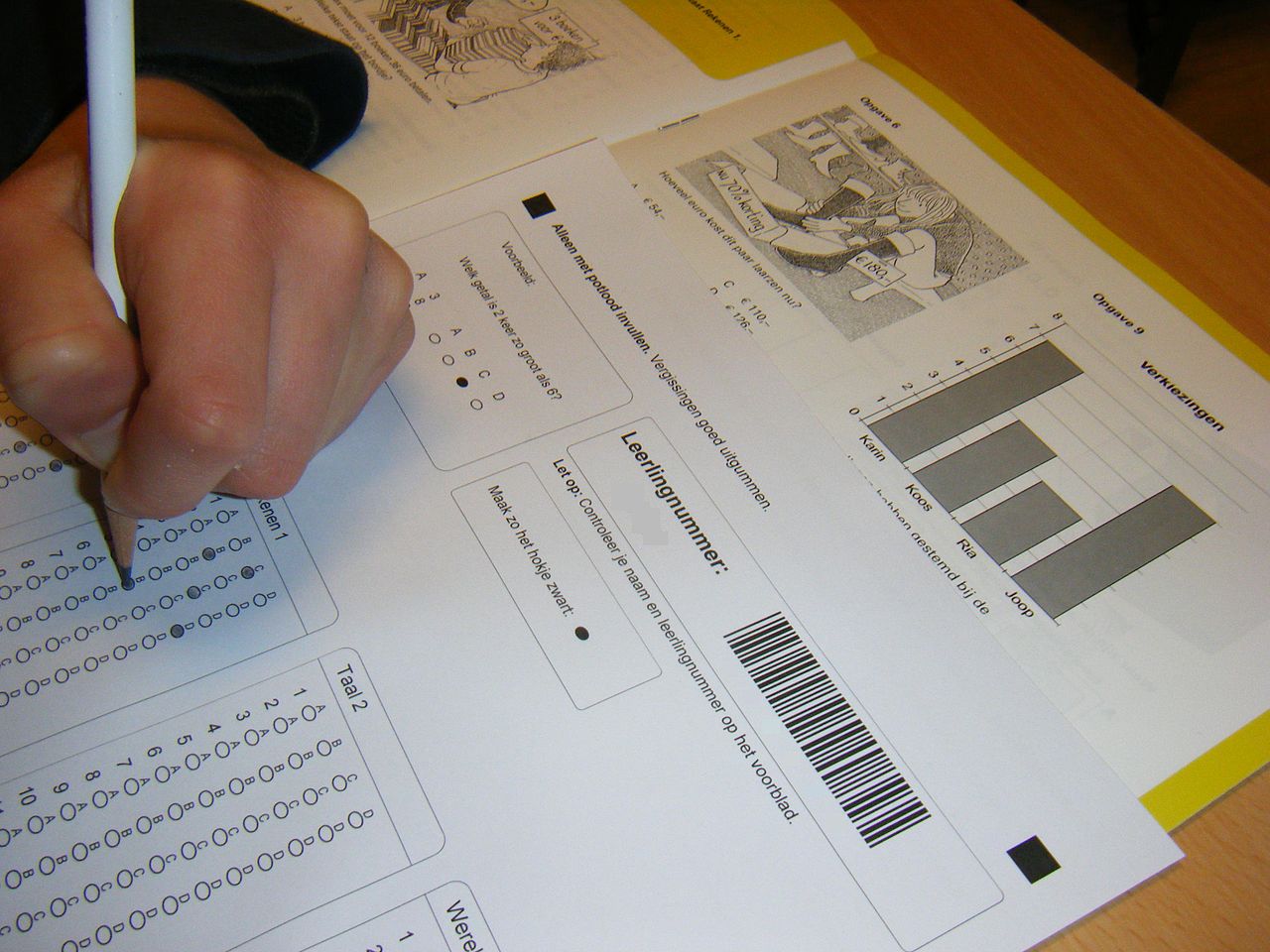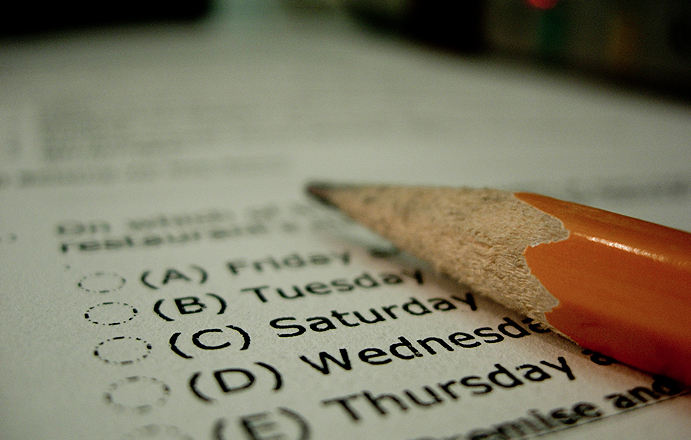Should we have Finals?
May 25, 2018
We shouldn’t have finals
Finals can be the most stressful, chaotic, and worrisome time in a high school student’s career. All the pressure of the previous marking periods culminates to one, final, two-hour test. But why is this test necessary?
Finals are an outdated test that just causes students stress and puts pressure on students to try to get a good grade on the test, because of how much pressure that is put on Finals.
I would know, as I currently have 5 finals that I have to prepare for.
Throughout the course of each semester, students always prove their ability to comprehend each lesson. However, what researchers and educators have found is that students often forget material they have memorized for the test once it has concluded.
The key to remembering material and recalling it is converting it to long-term memory. Long-term memory comprises information that you know and can recall, and facts that can be accessed for a long time. However, lectures and work are often hard to convert to long term memory. Without reviewing the material, it will be forgotten and that the best time to review the material is a day or two after the material has been presented.
This is because education is now centered around tests. Tests have become the focus point of high school life. Personally, my schedule is centered around tests. I find all of my time is spent preparing for the next test in each class.
I live from test to test.
During school what I do is prepare for the upcoming test, nights are spent studying for the next test. Then once I take the test, I no longer focus on the previous material and shift to the next material, the next test. This process leads to material being forgotten, only to try to remember days before a final cumulative exam.
Especially at the high school and college level, where classes are often lecture-based. A study done to assess recall on a lecture, 90% of the points made were forgotten in 14 days.
Lectures are difficult to study for because students are not able to stop, think, and go over the notes in class. It is proven that the best way to study for a quiz is through steady and consistent re-reading.
“If you wait to review the information till the night before the test (let’s say after 28 days), you will have forgotten 81% of the material and will have to study a lot longer to be sufficiently prepared for the test.” said Meg Keely, Special Populations Office at Bucks County Community College.
Despite our test-heavy school society, higher education organizations have started to make changes towards tests and overall graded materials.
At Harvard University, only 23% of the undergraduate classes had final exams in 2010. Educator Jon Orech says that the idea of final exams does not align with the current school trends that focus around the student, project based learning, or collaborative learning.
Another major problem with finals is that many students will wait until days before the test to start studying. This creates a feeling of stress and fear. David Jaffee, professor of sociology at University of North Florida, says that studying means “cramming”.
The idea of cramming is becoming more and more prevalent in school, students waiting till the last possible night to study for the test. This causes not only an incomplete showing of a students academic capability, but an increase of stress put on the student.
While some would say the easy way to avoid this is to try to plan out studying nights before the test, however, speaking from experience even if you try to plan in advance nightly homework and tons of work get in the way of studying the night or two nights before the test.
The debate over finals brings to mind one overall question.
Why do students need to prove how well they have learned the material, even though they have already taken a test?
Finals help students learn
As a junior in high school, I, along with many of my peers, dread finals week. The incredible stress I feel when preparing for my exams seems overwhelming at times. However, it is important to remember that finals have been instituted for reasons other than to torture students. Students commonly argue that midterms and finals should be abolished. But, there are some very real advantages to taking these tests.
Some people disagree with assessing via finals because they believe students are just memorizing facts for a test and leave the class without solidifying their knowledge. However, the truth is that final exams promote retention of what students have learned all year. Long-term learning, which is learning with the objective of knowing information in the future, is the whole point of taking educational classes. Preparing for final exams can enhance this, because students recognize the need to understand the information.
Another important aspect of final exams is that they help prepare high school students for college. All colleges have final exams for students, most of which are much more difficult than the ones we face in high school. If you can find out your most effective study habits now, chances are you will do much better in college.
This also proves why midterms are effective. Midterms mark the end of the first semester, and they mirror the college experience. Most universities have two semesters per year, with finals for each class at the end. Students should become accustomed to studying for two major tests during an academic year before going to college.
Additionally, it is unrealistic to try to end tests completely, because without midterms and finals, classes would need to have non-cumulative unit test exams much more often. This could even become quarterly exams, which are ineffective. One study tested the effectiveness of cumulative exams, and found that they increased short-term and long-term retention. More tests throughout the year would mean less knowledge gained by students.
Perhaps instead of discussing completely ending final exams, we should offer courses on the best ways to study for these exams. The problem with exams may not be the tests themselves, but how students are preparing. Cramming is incredibly ineffective, and procrastination is a major source of the stress. Trying to learn all of the information the night before a major test completely defeats the purpose of final exams, which is to solidify everything you have learned throughout the year.
Although students are often told not to cram for tests, they rarely listen. If high schools provided actual courses based on the most effective ways to study, students would be forced to learn and understand this.
According to the Princeton Review, the first thing to do when studying for finals is make a game plan. Create a schedule for yourself, and try your best to stick to it. Start studying early, at least a few weeks before the first exam. You should study for the most difficult tests first, and begin by studying topics that will definitely be on it, then ones that probably are, followed by topics that have the smallest chance of being featured.
It is also important to get creative with study habits. Create study groups, quiz yourself, watch videos, and figure out your overall best way of retaining information. Adequate amounts of breaks, sleep, and brain food also contribute to your success.
Although it may be the unpopular opinion to voice support for midterm and final exams, the truth is that they make for better learning. High school is four years of education, so we might as well try to remember it for the future.


